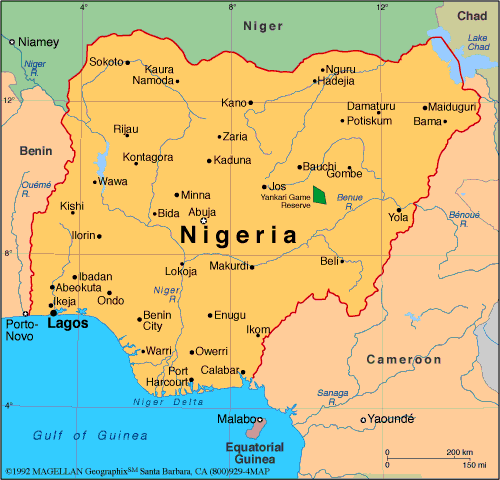NIGERIA
Our Strategy
Since 2010, we have been working with local partners to improve access to education and basic healthcare for poor and vulnerable populations who bears the brunt of poverty and underdevelopment. We have also work with local partners to provide emergency aid relief for refugees.





